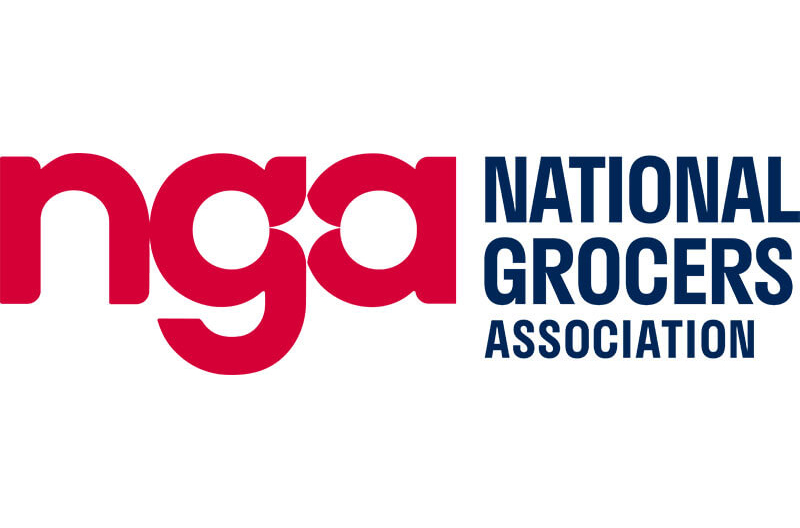National Grocers Association President and CEO Greg Ferrara has written an open letter to the independent food retailing community outlining NGA’s efforts working for enforcement of antitrust laws. The organization wants to to ensure a level playing field for independent retailers and wholesalers.
“For nearly 40 years, the National Grocers Association has fought for a level playing field that supports fair competition in the grocery market. Robust competition is in our DNA. Look no further than NGA’s philosophy statement: ‘To promote diversity in the marketplace through a vibrant independent sector, and thereby increase consumer choice in price, variety, quality, service and value.’
“As independent community grocers already know too well, the current playing field is heavily tilted against them. Throughout the pandemic, power buyers have exercised their dominance in the marketplace to tilt it even further. The National Grocers Association has a plan to restore real competition.
“In September 2020, the NGA Board of Directors unanimously approved a plan directing us to work with elected officials and policymakers to resurrect a long-dormant antitrust law, the Robinson-Patman Act, or RPA, which guarantees a competitive grocery marketplace. In a little over a year, we have made significant headway. But there’s more work to do – and we need your help.
“The RPA was enacted in 1936 to prohibit anticompetitive vertical conduct, such as price discrimination, against disfavored retailers. Unfortunately, for more than two decades, enforcers have ignored the law and courts have all but shut down the ability to bring lawsuits on the basis of the RPA. Based on various false assumptions, courts have wrongly held that enforcing RPA would violate a so-called consumer welfare standard.
“NGA is overcoming these assumptions with hard facts.
“The reality is that lax antitrust enforcement has decimated small businesses and communities that rely on them. In grocery and other sectors, independent businesses have been driven out by dominant retailers’ use of predatory tactics. Communities that once had a vibrant Main Street fueled by competition have been left with few options. The related effects, including fewer community institutions and less economic opportunity, have forced many to flee for larger cities.
“The COVID-19 pandemic and ensuing supply chain disruptions have laid bare what independent grocers have known for years: Dominant grocery power buyers are using their market power to demand preferential treatment from suppliers. Not only can power buyers use their leverage to demand priority access to products in short supply, but they are able to resist inflationary pressures. This means that independents are left with fewer options and bear the brunt of inflationary cost increases.
“These facts demand that policymakers ask a critical question: Are consumers better off when power buyers can dictate the terms of trade in the grocery sector? The answer is a resounding ‘no.’
“Consumers unable to find key items at their independent community grocer have to travel to large chains located miles away. In rural communities, independent stores are often the only source of fresh food, making the problem even worse. Without the benefits of true price competition, consumers on the whole pay higher prices for grocery products.
“That is why NGA is urging Congress, the Federal Trade Commission and the Biden Administration to act. NGA members have testified before congressional committees and the FTC. We have held hundreds of meetings with members of Congress. We even established of a new coalition of diverse businesses – The Main Street Competition Coalition – committed to reviving the RPA. Thanks to these efforts and grassroots engagement of NGA members, the tide has begun to shift.
“On Nov. 29, the FTC unanimously voted to launch a probe into the food and consumer goods supply chain. This action requires a diverse group of grocery firms, selected by the FTC, to submit detailed information. While that reporting creates a burden, it is critically important for the FTC to better understand the competitive dynamics that result in economic discrimination so that the antitrust laws can again be enforced. We deeply appreciate the NGA members who are participating in this effort.
“Just as we have done for the past 40 years, NGA will lead the charge to ensure a level playing field for independent grocers. While these efforts may not be popular among some in our industry, doing the right thing for our country and the communities who rely on independent grocers leaves no doubt about the nobility of our pursuits. If you are a retailer, wholesaler or supplier who is not an NGA member but believes in free enterprise and fair competition, please consider joining us. You can find more information at nationalgrocers.org/antitrust,” Ferrara stated.

